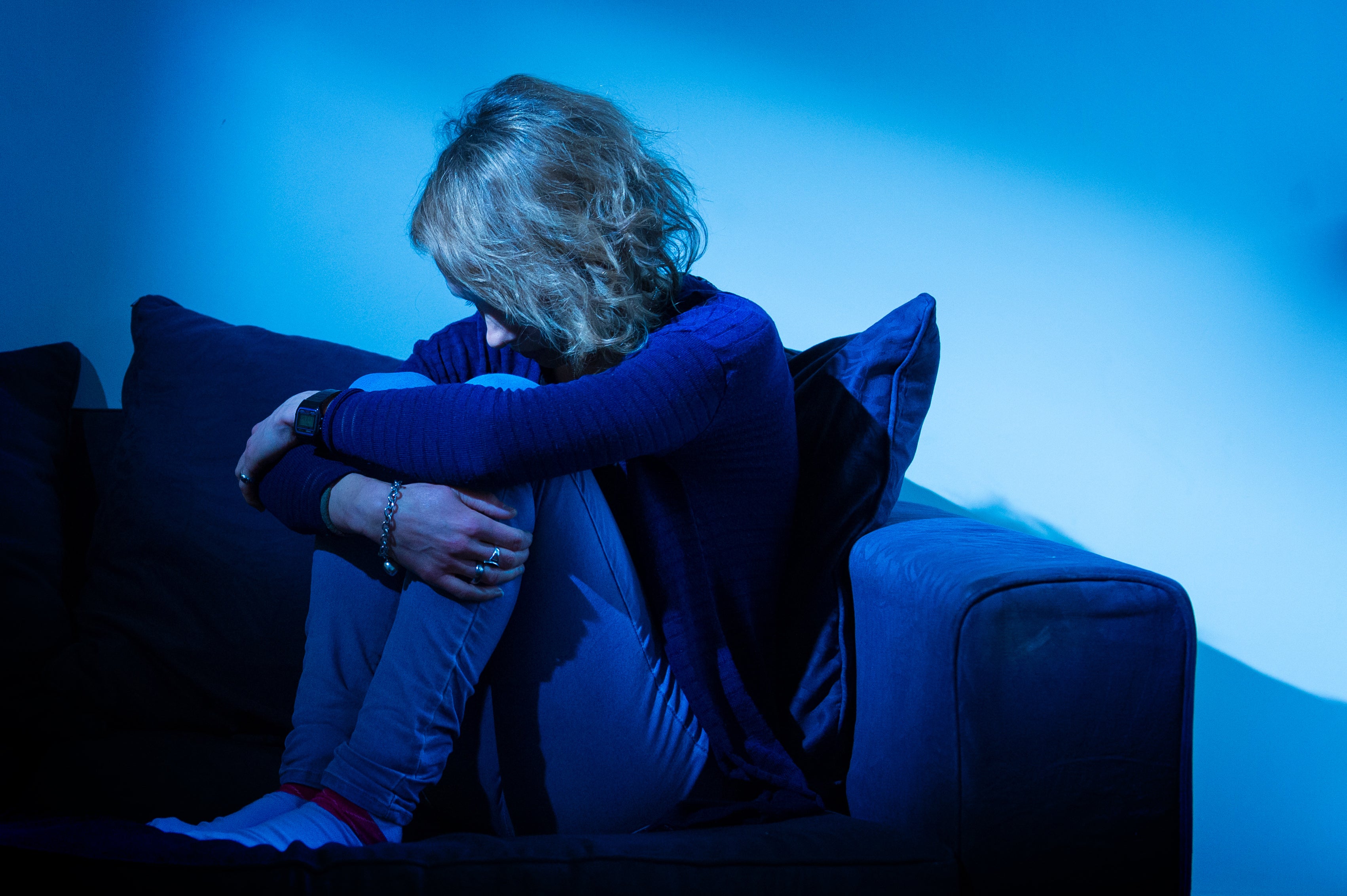Misogyny should be criminalised to protect women from abuse, report suggests
A study compiled for the Scottish Government suggests the creation of new offences to tackle hate crimes against women.

Your support helps us to tell the story
From reproductive rights to climate change to Big Tech, The Independent is on the ground when the story is developing. Whether it's investigating the financials of Elon Musk's pro-Trump PAC or producing our latest documentary, 'The A Word', which shines a light on the American women fighting for reproductive rights, we know how important it is to parse out the facts from the messaging.
At such a critical moment in US history, we need reporters on the ground. Your donation allows us to keep sending journalists to speak to both sides of the story.
The Independent is trusted by Americans across the entire political spectrum. And unlike many other quality news outlets, we choose not to lock Americans out of our reporting and analysis with paywalls. We believe quality journalism should be available to everyone, paid for by those who can afford it.
Your support makes all the difference.Misogyny should be criminalised as part of “radical” and “transformative” legal reforms to protect women from abuse, a report recommends.
The document, titled “Misogyny – A Human Rights Issue”, calls for the creation of a Misogyny and Criminal Justice (Scotland) Act, which would create a new statutory aggravation of misogyny.
It would also create new offences of stirring up hatred against women and girls to tackle, amongst other things, the threat from incel (involuntary celibates) and other extremist groups.
A new offence of public misogynistic harassment and another of issuing threats of, or invoking, rape or sexual assault or disfigurement of women and girls, online and offline, would also be brought in.
The current system allows abhorrent behaviour to be missed, ignored, and normalised
The recommendations, in a report for the Scottish Government, are the result of a year-long investigation by an eight-strong working group chaired by Baroness Helena Kennedy QC.
She said: “This is an issue that affects 52% of the population. The daily grind of sexual harassment and abuse degrades women’s lives, yet it seems to be accepted as part of what it means to be a woman.
“The failure to acknowledge the ramifications of what is seen as low-level harassment is just one of the ways in which the criminal justice system fails women. What is seen as low-level harassment is often the subsoil from which more grave crimes emerge.
“The current system allows abhorrent behaviour to be missed, ignored, and normalised. The women we spoke to through this investigation told us: enough is enough; something must be done.
“We are recommending that the Scottish Government creates a specific piece of legislation for women – to protect them from the daily abuses which blight their lives.
“This malign conduct does not happen to men in any comparable way. That is why new law should be created exclusively for women, and those perceived to be women, reflecting the inherently gendered nature of the problem we have been asked to address.”
She said that such law will establish new boundaries and will, importantly, “shift the dial towards perpetrator behaviours” and away from the current focus on women as victims.
The report, published on International Women’s Day, does not recommend the addition of sex as a characteristic to existing hate crime legislation as the working group feels that misogyny is “so deeply rooted in our patriarchal ecosystem” that it requires a more fundamental set of responses.
South of the border, MPs last month rejected attempts to make misogyny a hate crime, voting 314 to 190 to remove a Lords amendment which sought to make misogyny a hate crime from the Police, Crime, Sentencing and Courts Bill.
The report found that being on the receiving end of misogynistic behaviour is the routine experience of women and girls in Scotland and that the experiences of LGBTI+ and minority ethnic women and girls tend to be even worse than those of their straight, white counterparts.
It suggests that a Statutory Misogyny Aggravation should be made available in new legislation so that a judge has to take account of the misogynistic nature of conduct when sentencing, with misogyny defined as prejudice and/or malice and/or contempt towards women.
Scotland’s Justice Secretary Keith Brown welcomed the report and said the recommendations will now be closely considered.
He said: “This is an extremely important piece of work to help inform policy to address the many forms of violence, transgression and abuse experienced by women which may emanate from misogyny and is a milestone in making our society safe, equal and fair.
“It is clear to me that to achieve true equality we must continue to think about our messaging and how men’s attitudes to women can be effectively challenged to make women feel safe when going about their everyday lives.”